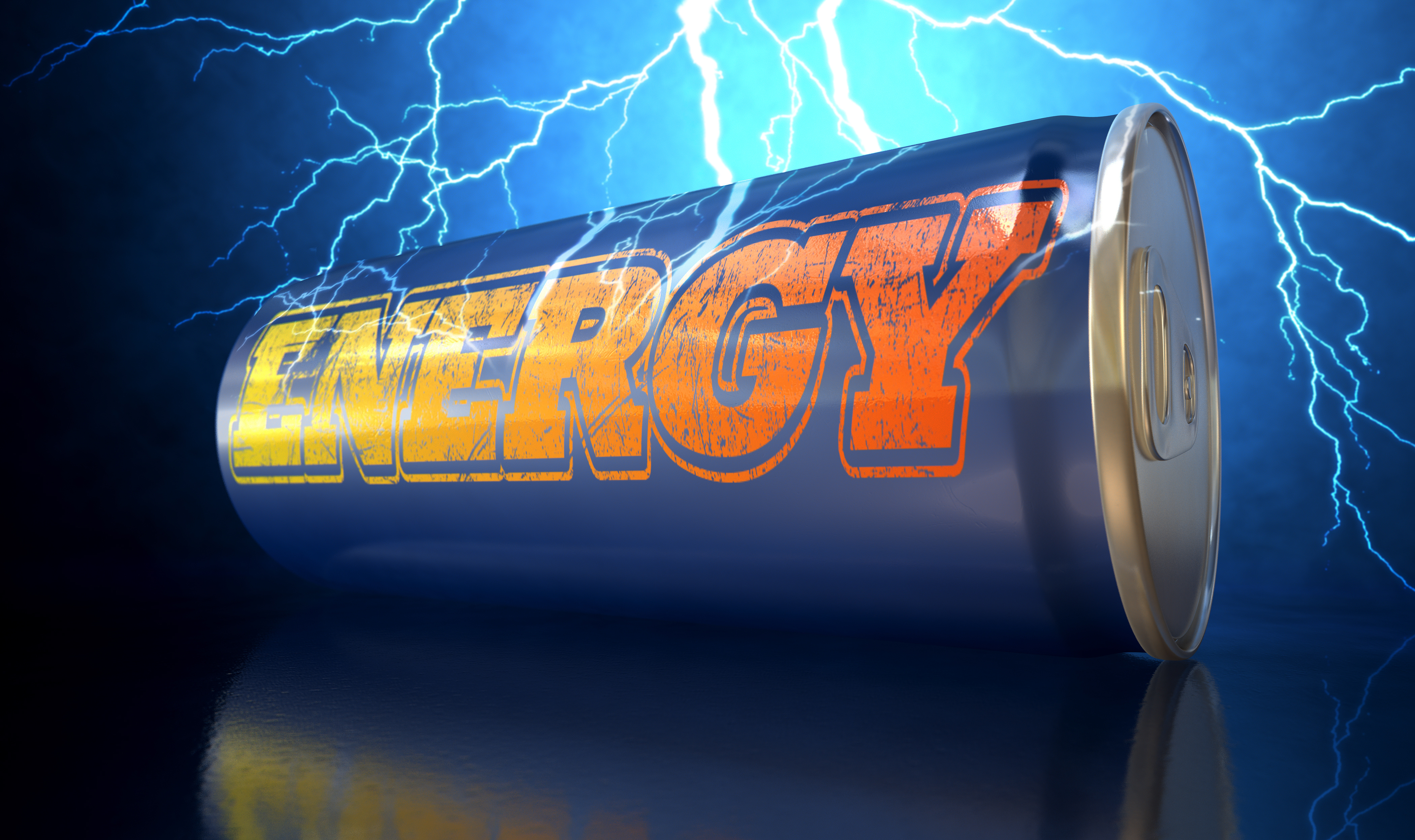Industry Insights
Sharing, learning and discussing topics around IME's
Energy Drinks, Car Accidents, and Increased Potential for Injury?

The National Safety Commission has issued a report on the dangers of the use of high energy drinks and driving a car. Various high energy drink brands have become very popular over the last number of years, particularly with those under the age of 30, and are commonly used to assist with increased energy, athletic performance, and even just to stay awake.
Due to the highly powerful combination of stimulants contained in these beverages, different jurisdictions have reacted with warnings and restrictions on the total amount of stimulants, such as caffeine, that can be contained in an individual serving. In Canada, individual servings are limited to a maximum of 180 mg of caffeine but this limitation doesn’t preclude individuals from having multiple servings. This is where problems arise – the stimulants are so powerful that very few servings are required to dramatically impact an average individual.
For example, if an average energy drink contains 160 mg of caffeine this means that as few as two cans contains more than 300 mg of caffeine and can result in caffeine intoxication which, according to the Diagnostic and Statistical Manual of Mental Disorders, can cause restlessness, nervousness, excitement, insomnia, flushing of the face, increased urination, stomach problems, twitching muscles, rambling speech and thought, irritability, irregular or rapid heartbeat, and agitation.
Regular and larger doses of caffeine can result in depression, mania, impaired judgment, hallucinations and psychosis. The British Journal of Addiction concluded that “caffeinism,” although infrequently diagnosed, may afflict as many ten percent of the population.
There is no question that the conditions listed above have the potential to impact driving ability; in fact, The Institute of Advanced Motorists is now warning British drivers that consumption of these drinks can lead to serious lapses in concentration and delayed reaction times. It has been shown that even if symptoms are mild and restricted to the most common side effects that affect nearly every consumer of excess caffeine – restlessness, nervousness, and excitement – these conditions coupled with younger drivers has been shown to increase aggressive driving and potential carelessness which only compounds the driving challenges already faced by this demographic.
Of further concern is a recent report that has indicated even a more significant danger may occur when the effects of the stimulants wear off. This can happen rapidly and result in a “crash” making it much more difficult for a sleep deprived driver to stay focused and avoid falling asleep at the wheel.
Mixing Alcohol and Energy Drinks
A recent trend is mixing energy drinks with alcohol; however, this combination has proven to have lethal effects. According to the U.S. Food and Drug Administration (FDA), when caffeine is mixed with alcohol some of the sensory cues that alert drinkers of their level of intoxication are masked. Thus, drinkers sometimes feel less intoxicated than they actually are; this may lead some to feel that they are fit to drive when they are not. On top of this, the effect of the “crash” that occurs when the stimulant wears off is amplified by a depressant such as alcohol.
Increased Injury Potential in the Event of an Accident?
According to a new study from the University of Toronto, teens that consume heavily caffeinated drinks may be more prone to traumatic brain injury (TBI). Gabriela Ilie, PhD, the lead author of the study, and her team analyzed the survey of responses of more than ten thousand young people between the ages of 11 and 20, looking at things like alcohol intake and energy drink consumption, along with the frequency of TBIs. They found that odds of sustaining TBI, which can be caused by sports, falls, fistfights or car accidents, are higher among teens that drink energy beverages. Young people who consumed at least one of these drinks in the previous year were twice as likely to have experienced TBI compared to non-drinkers while adolescents who drank five or more of them in the past week were almost seven times more likely to have suffered a recent brain injury.
It has yet to be proven exactly why young people who consume excess amounts of caffeine seem to be more prone to TBI and whether it is correlative or causative, but this may potentially develop into a disturbing trend. It has been proven that users of energy drinks are more likely to be involved in car accidents, particularly when combined with alcohol, but now it appears that if they are involved in an accident the injuries sustained may be more severe. This is a trend that will need to be observed and evaluated over the coming years but it is clear that Health Canada was correct with their 2013 decision to mandate warning labels, among a host of other regulations, on all energy drinks.
*All information available in accessible formats upon request.



